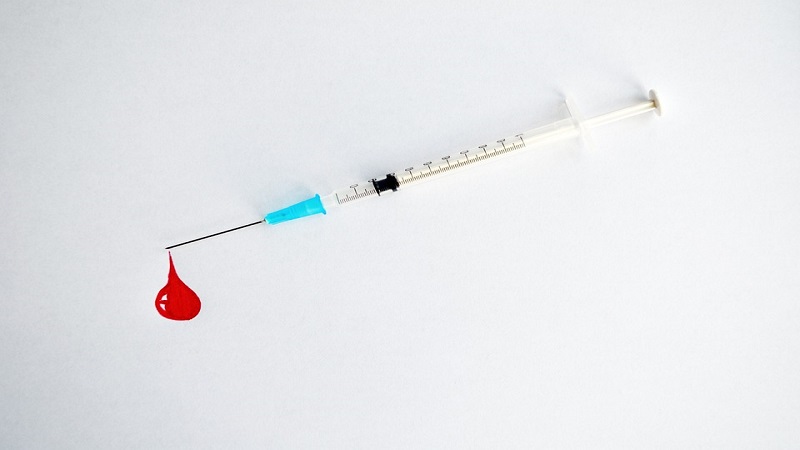Requirements and details Necessary tests before nose surgery
Nose surgery or ШұЫҢЩҶЩҲЩҫЩ„Ш§ШіШӘЫҢ It is one of the most popular cosmetic and corrective surgeries that are performed with the aim of improving the appearance and function of the nose. Before performing this surgery, it is necessary to perform some tests and medical examinations to ensure that the patient is in good condition in terms of general health and that the surgery is performed with the least possible risks.. In this article, we will examine the necessary tests before nose surgery and the importance of each of them.
4. Allergy and sensitivity tests
For patients with a history of severe allergies and sensitivities, allergy testing before rhinoplasty can be beneficial.. These tests can help identify allergens and the surgeon can take steps to prevent allergic reactions during and after surgery..
– Skin tests (Skin Test): These tests include skin tests to identify allergies to different substances.
– Allergy blood tests: These tests can measure the level of allergenic antibodies in the blood.
5. Psychological assessment
Rhinoplasty can have important psychological effects on the patient. For this reason, preoperative psychological evaluation can be helpful. These assessments can help diagnose psychological problems such as anxiety, depression and unrealistic expectations of surgery.
– Psychological interview: This interview includes examination of the patient's mental status, his expectations from the surgery and assessment of existing psychological problems.
– Standard questionnaires: The use of standard psychological questionnaires can help diagnose psychological problems more accurately.

Official page Ш§ЫҢЩҶШіШӘШ§ЪҜШұШ§Щ… Dr Behnam khorami (Best of nose surgery) follow the.
6. Pre-anesthesia assessment
Pre-assessment Anesthesia One of the important steps in preparing for nose surgery. This assessment is performed by an anesthesiologist and its purpose is to check the patient's general health condition and determine the most appropriate anesthesia method.
– Medical history review: The anesthesiologist should carefully review the patient's medical history, including past and present problems, allergies, and medications the patient is taking..
– Additional tests: Depending on the patient's condition, the anesthesiologist may perform additional tests such as an electrocardiogram (ECG) or request pulmonary function tests.
7. Preoperative recommendations
Based on the results of tests and evaluations, the surgeon and the medical team may make recommendations to improve the patient's health before surgery.. These recommendations can include changes in diet, management of chronic diseases, and the use of certain medications.
– Changes in diet: Dietary advice may be given to improve the patient's nutritional status and general health.
– Management of chronic diseases: For patients with chronic diseases such as diabetes or high blood pressure, it is very important to manage these diseases before surgery.
– Stop taking certain medications: Some medications can negatively affect surgery and anesthesia. The patient may need to stop taking these drugs or replace them.
Conclusion
Pre-nasal surgery tests play a vital role in ensuring the general health of the patient and reducing surgical risks. These tests and evaluations help the surgeon and medical team to best plan the surgery and prepare the patient for a successful recovery.. Patients can also help to improve surgical results and reduce complications by cooperating and following medical recommendations.
Useful links: Isfahan nose surgeon _ Jaw surgeon of Isfahan
Dr. Behnam Khorrami's page in the clinic 24 | Maxillofacial surgeon in Isfahan clinic 24 | Nose surgeon in Isfahan clinic 24
Dr. Behnam Khorrami, nose surgeon in Isfahan at Dr. Af | Maxillofacial surgeon in Isfahan at Dr. Af | Isfahan nose surgeon at Dr. Af
Suggested contents of Dr. Behnam Khorrami's website (Best of nose surgery вҖ“ Jaw surgeon of Isfahan):
Preventing a runny nose after rhinoplasty
How to use a toothbrush after nose surgery
The effect of rhinoplasty on the shape of the cheeks
Bleeding during and after nose surgery